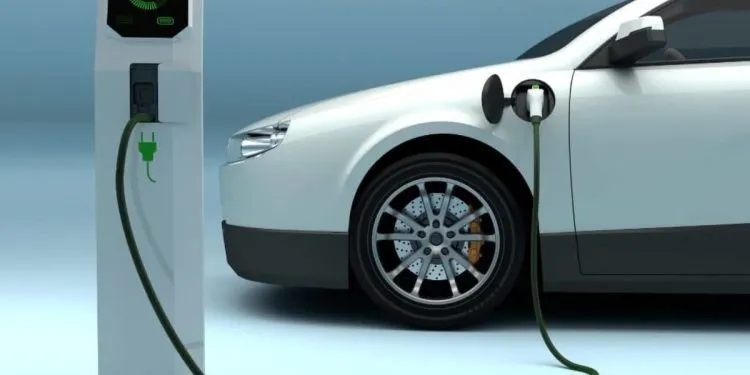Cameroon’s Minister of Transport, Jean Ernest Massena Ngale, held a pivotal meeting this Wednesday and Thursday to promote the production and importation of electric cars, aiming to preserve the environment and combat rising fuel prices.
The meeting saw participation from the technical staff of the Transport Ministry, the United Nations Environmental Programme, and various shipping and oil stakeholders.
Cameroon’s commitment to launching the program to promote electric mobility resulted in a proposed roadmap for the implementation of a national electric mobility program.
The first step involves formalizing the establishment of a dedicated working group.
The Ministry expressed hope that the United Nations Environment Programme would support the Cameroon Government in mobilizing the technical and financial resources essential for the effective implementation of this roadmap.
Going electric means cars brought to the country will be powered by renewable energy or charged with electricity, a move that could mitigate the country’s soaring fuel costs.
“It is wise to recall that in Cameroon, sporadic initiatives to promote electric mobility have developed after the experience of Bolloré Africa Logistics campus buses called ‘Blue Bus,’ initiated in 2015 and ending in 2020,” the Ministry of Transport stated.
TotalEnergies launched a Greenrides pilot program in 2022, in collaboration with “Easy Ride” and in partnership with Movin’On Lab Africa.
The program currently includes six electric vehicles and three charging points at their service stations in Yaoundé and Douala.
Additionally, promoters of electric motorcycles, including Babana 237, have developed innovative, non-polluting motorcycle solutions and are seeking funding to industrialize their products.
The July 11 working session focused on several critical points: the testing and approval of electric vehicles, technological choices for charging infrastructure and their availability, training for professionals on the technical aspects of electric vehicles and charging stations, battery management, the availability of electrical energy, end-of-life management of sensitive materials used in electric vehicles, and the regulatory and tax frameworks needed to encourage the use of electric vehicles.
The session also addressed the specific case of electric BRT projects currently under review in Douala and Yaoundé, and the related activities these projects should induce.
“The objective of this high-level technical meeting was to prepare a roadmap for the launch of a pilot program to promote electric mobility, similar to that of Rwanda,” Minister Ngale stated.
The transition to electric vehicles is anticipated to not only reduce pollution in Cameroon’s towns and cities but also alleviate the financial burden on citizens caused by high fuel prices.



